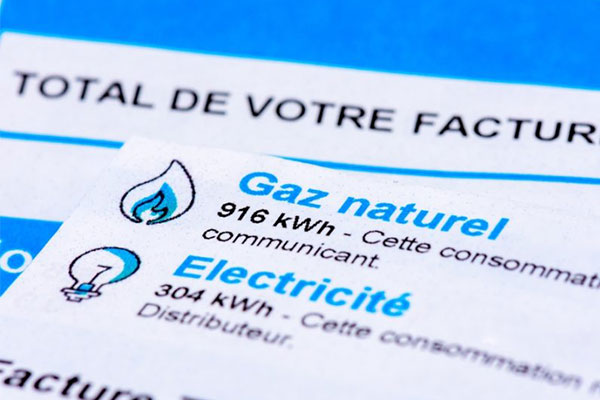In the context of Germany’s shutdown of nuclear power plants and the abandonment of Russian natural gas, France is entering its new era as “Europe’s first electricity exporter.” According to the latest study of the International Organization for Standardization, Global Commodity Insights, France’s electricity exports reached an astonishing 50.1 TWh in 2023, surpassing Sweden’s record in 2022. This achievement has made France the leading country in electricity exports, while Spain ranks second with 13.9 TWh exports.

Analysts at Standard Poor pointed out that France’s outstanding performance in power exports was largely attributed to its strategy of returning nuclear power to its important production system, while the increase in renewable energy also played an important role. In 2023, France’s solar panel and wind farms generated 21.5 TWh of electricity, generating 50.4 TWh respectively. These figures show that France is effectively using its rich nuclear resources and growing renewable energy to consolidate its position as a major power exporter.
However, although France has made significant progress in electricity production, this has failed to protect domestic consumers from the impact of increased electricity charges. From February 1, 2024, electricity charges for French consumers are expected to rise by 8.6% to 9.8%. French Economy Minister Bruno Le Maire announced that for 97% of French households, the electricity charges increase will be below 10%. The implementation of this measure may be due to global energy market volatility and continued investment in environmental sustainability.
Meanwhile, 400,000 users of the French national operator French Power Company (EDF) will face higher pay increases, with an expected increase of 10.1 percent. To mitigate this impact, the EDF proposed an incentive to encourage users to reduce their electricity consumption on specified days in order to receive preferential fees to secure national electricity demand. This strategy reflects a comprehensive consideration of stabilizing the grid and protecting consumer interests while meeting domestic and international electricity needs.
France, as a leader in European electricity exports, is experiencing a critical period.On the one hand, its efficient use of nuclear and renewable energy has contributed huge electricity resources to energy markets across Europe and even globally; on the other hand, domestic electricity market adjustments and rising electricity charges have also posed new challenges to the French government and electricity industry.In the context of global energy transition and climate change, how France balances domestic and foreign energy needs will be key to its future energy policy.


 Follow customer service WeChat
Follow customer service WeChat